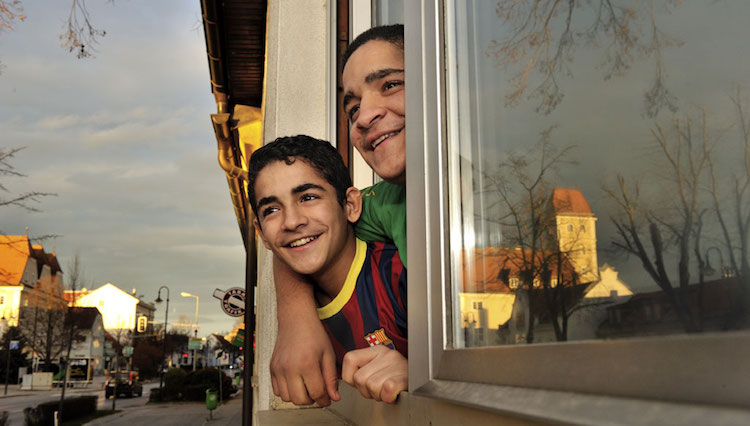GENEVA – With a multitude of conflicts and crises causing record displacement around the world, more than 1.19 million people are projected to be in need of resettlement in 2017, the UN refugee agency said on June 13.
According to the Projected Global Resettlement Needs 2017, released June 13 by the Office of the UN High Commissioner for Refugees (UNHCR) in Geneva, more than one million refugees were submitted by the agency to over 30 resettlement countries in the past decade, and the number of people in need of resettlement far surpasses the opportunities for placement in a third country.
The number of people in need of resettlement in 2017 will likely surpass 1.19 million, up 72 per cent on the projected needs of 691,000 in 2014, before large-scale resettlement of Syrians began.
“We are seeing resettlement taken to a new level and that enhanced resettlement can be an effective means of sharing the responsibility for refugee protection,” High Commissioner for Refugees Filippo Grandi said. “But much more needs to be done to keep pace with the growing numbers of acutely vulnerable,” he added.
In 2017, Syrians are projected to account for 40 per cent of needs, followed by Sudan at 11 per cent, Afghanistan at10 per cent and the Democratic Republic of the Congo at nine per cent.
‘Preventable Calamities’ and ‘Worrying’ Trends in More than 50 Countries
GENEVA – In a wide-ranging opening speech to the United Nations Human Rights Council in Geneva, the UN rights chief sheds a light on “preventable calamities” and worrying trends around the world, including detailed concerns about the situation in more than 50 countries.
“Hate is becoming mainstreamed,” warned the UN High Commissioner for Human Rights, Zeid Ra’ad Al Hussein, speaking at the opening of the Council’s 32nd session, which also featured remarks by Deputy Secretary-General Jan Eliasson to mark the body’s 10th anniversary.
“Walls – which tormented previous generations, and have never yielded any sustainable solution to any problem – are returning. Barriers of suspicion are rising, snaking through and between our societies – and they are killers. Clampdowns on public freedoms, and crackdowns on civil society activists and human rights defenders, are hacking away at the forces which uphold the healthy functioning of societies. Judicial institutions which act as checks on executive power are being dismantled. Towering inequalities are hollowing out the sense that there are common goods,” Zeid stressed.
Ban Kicks Off 100-Day Countdown to International Day of Peace
NEW YORK – In a kick-off for the 100-day countdown to the International Day of Peace, United Nations Secretary-General Ban Ki-moon has called on the international community to work together in recognizing that development and peace are interdependent and mutually reinforcing in order to help build a future of peace and prosperity for all.
“When people feel secure in their abilities to provide for their families, when they are given access to the resources they need to live healthy lives, and when they feel truly included in their societies, then they are much less likely to engage in conflict,” the Secretary-General said.
“That is why, over the next 100 days, we must recognize that development and peace are interdependent and mutually reinforcing. We need to work together to help promote and achieve the Sustainable Development Goals [SDGs]. The leaders of the world have given us a clear blueprint, and by following it, we can help build a future of peace and prosperity,” he added.
The International Day of Peace – which is devoted to strengthening the ideals of peace, both within and among all nations and peoples – has been observed annually around the world on 21 September since it was established in 1981 by the UN General Assembly. [IDN-InDepthNews – 13 June 2016]
IDN is flagship agency of the International Press Syndicate.
Photo: Syrian refugee children looking out from their new home in the small town of Gänserndorf, Austria. They are on a resettlement program for Syrian refugees, in cooperation with UNHCR. Photo: UNHCR/Mark Henley (file)

